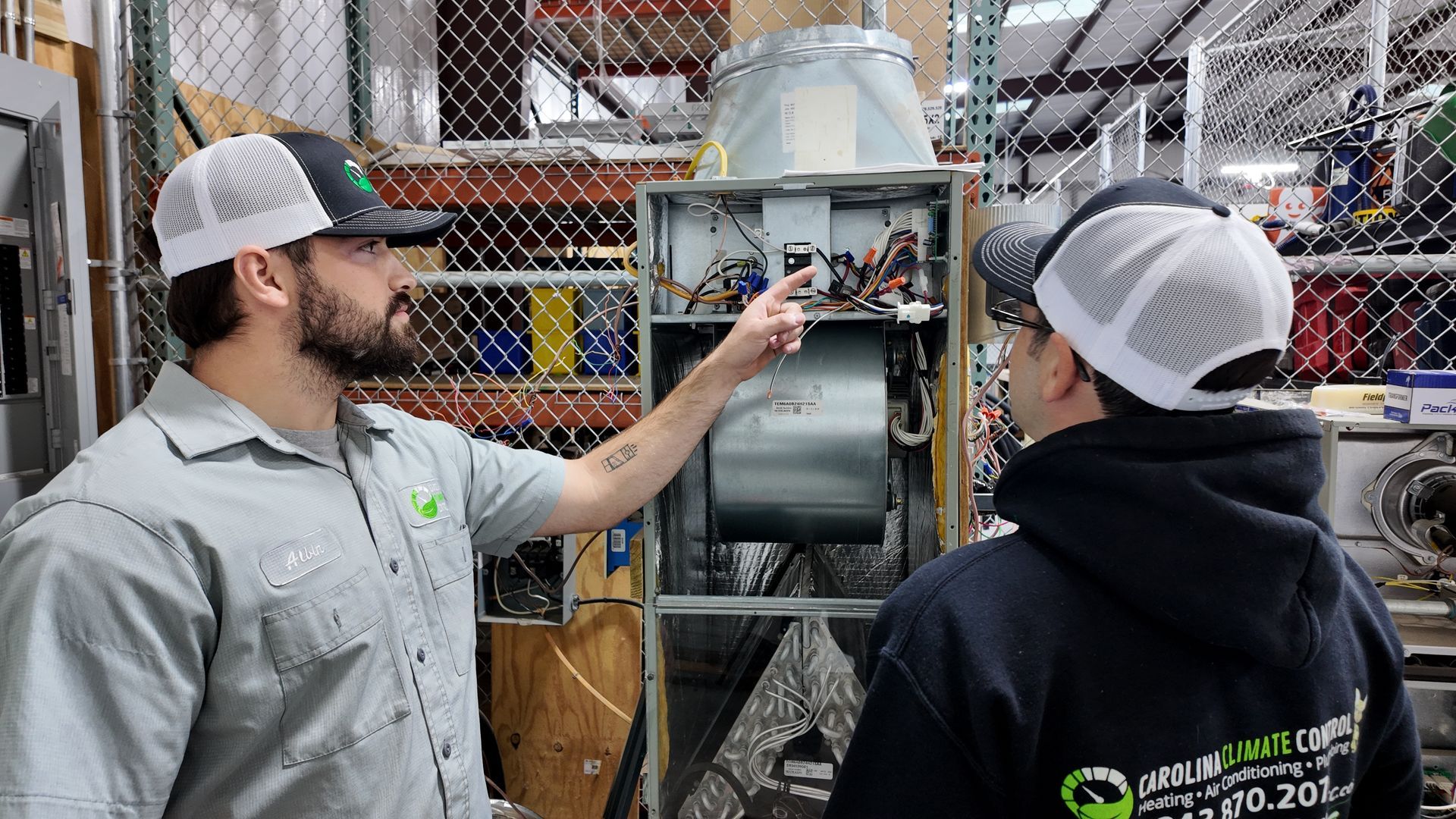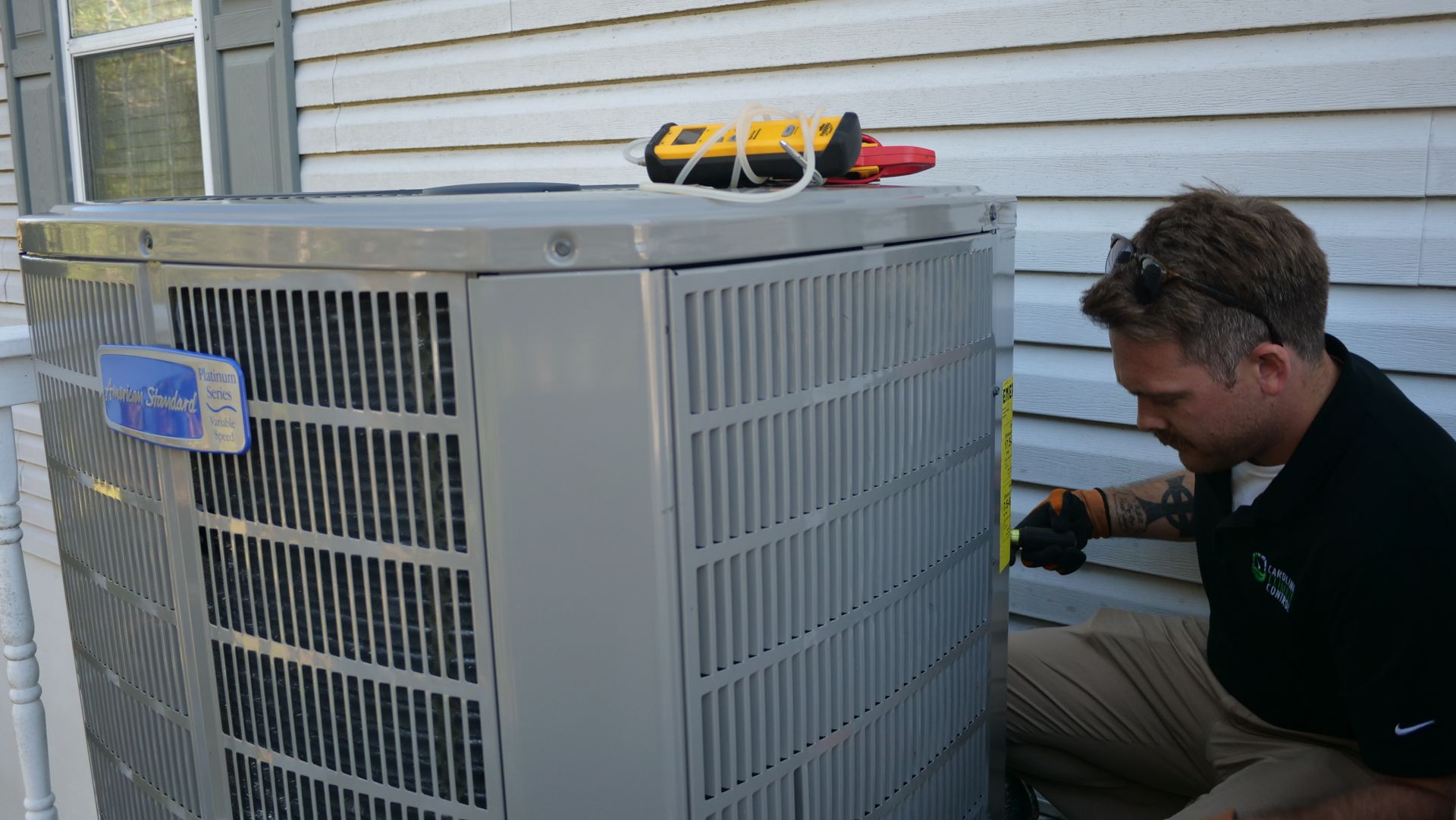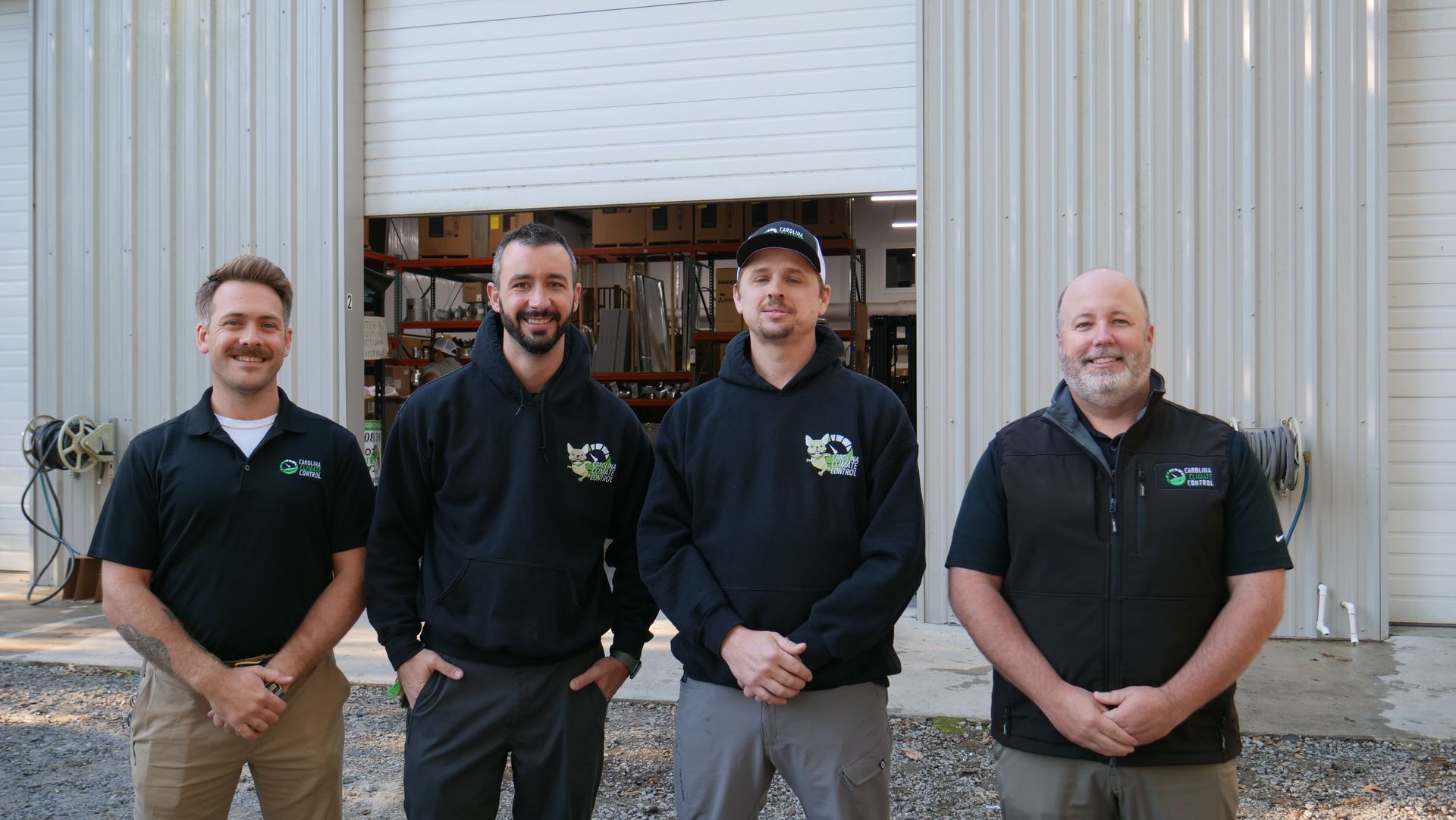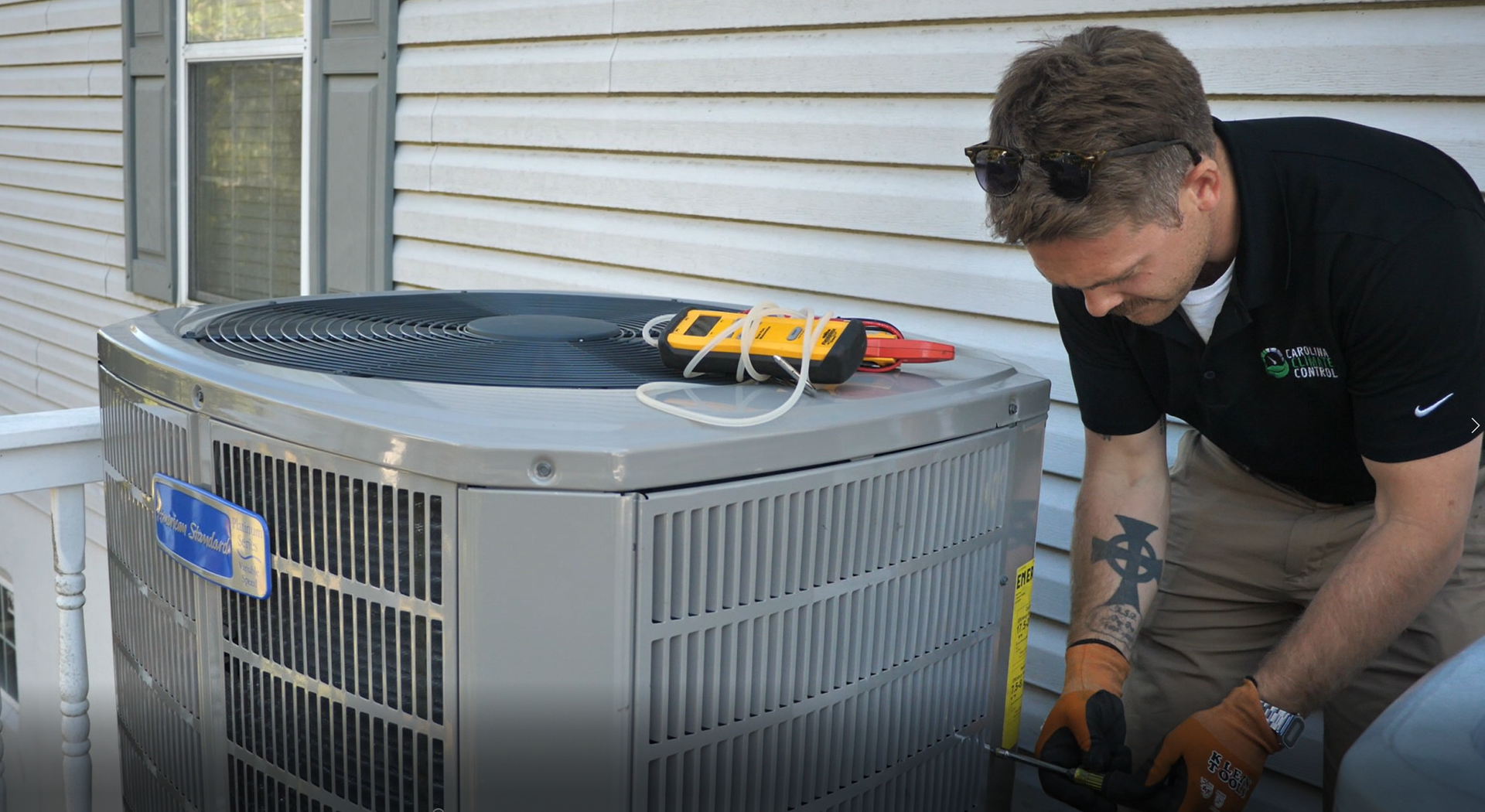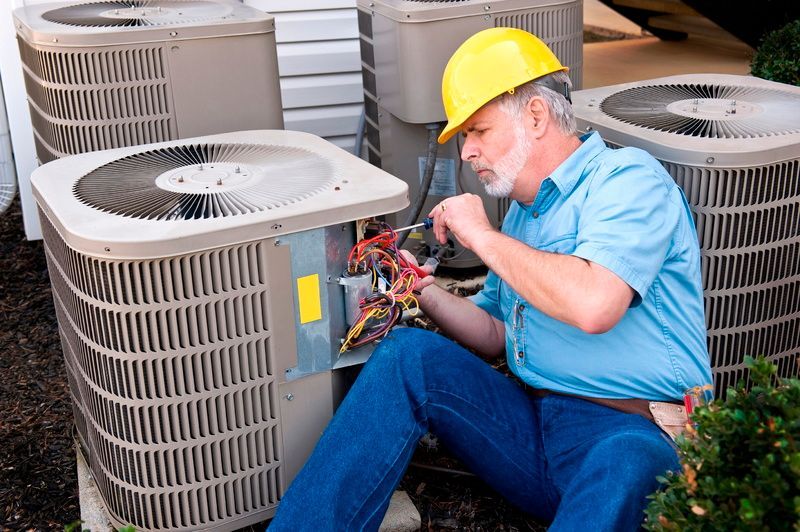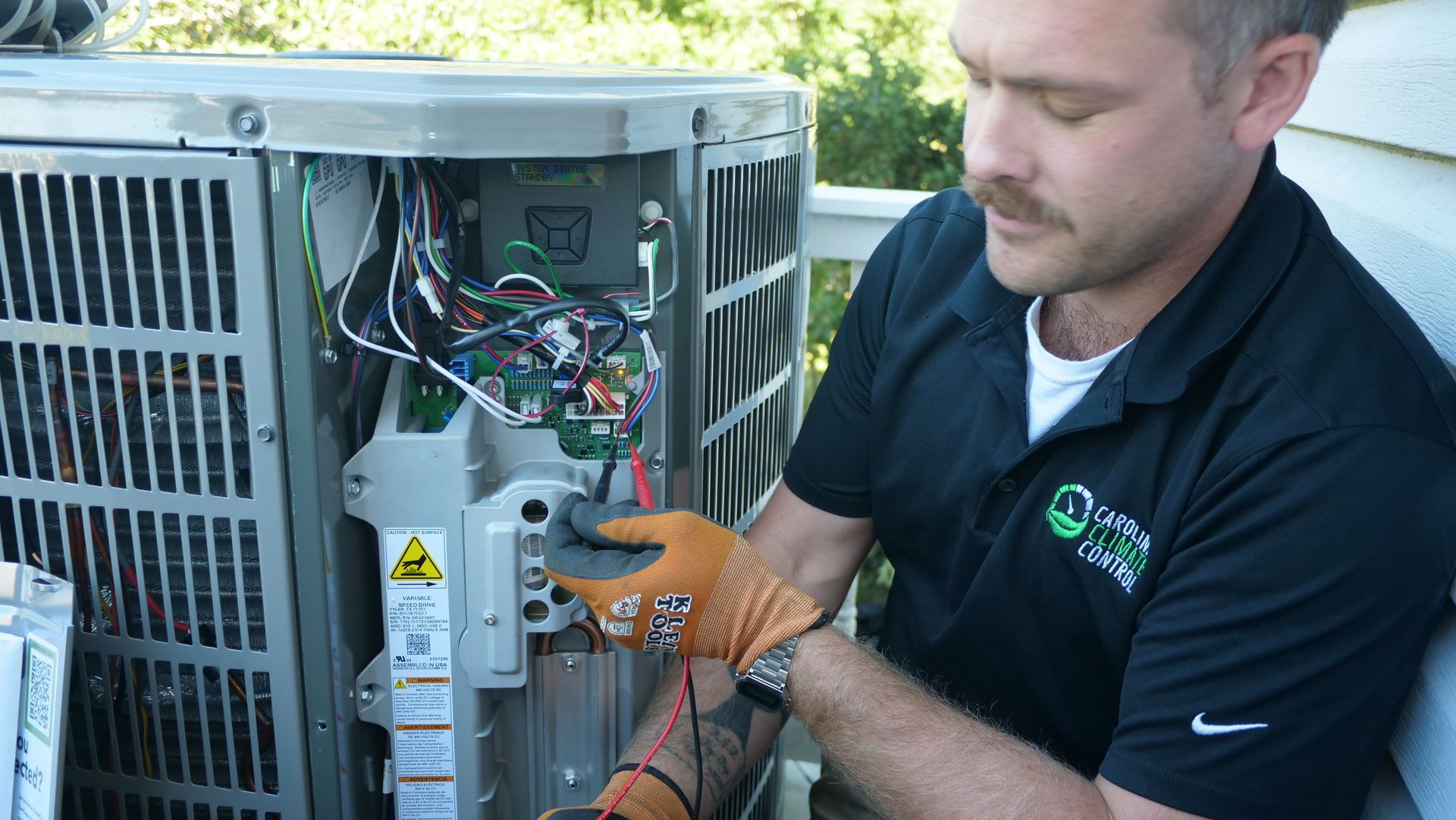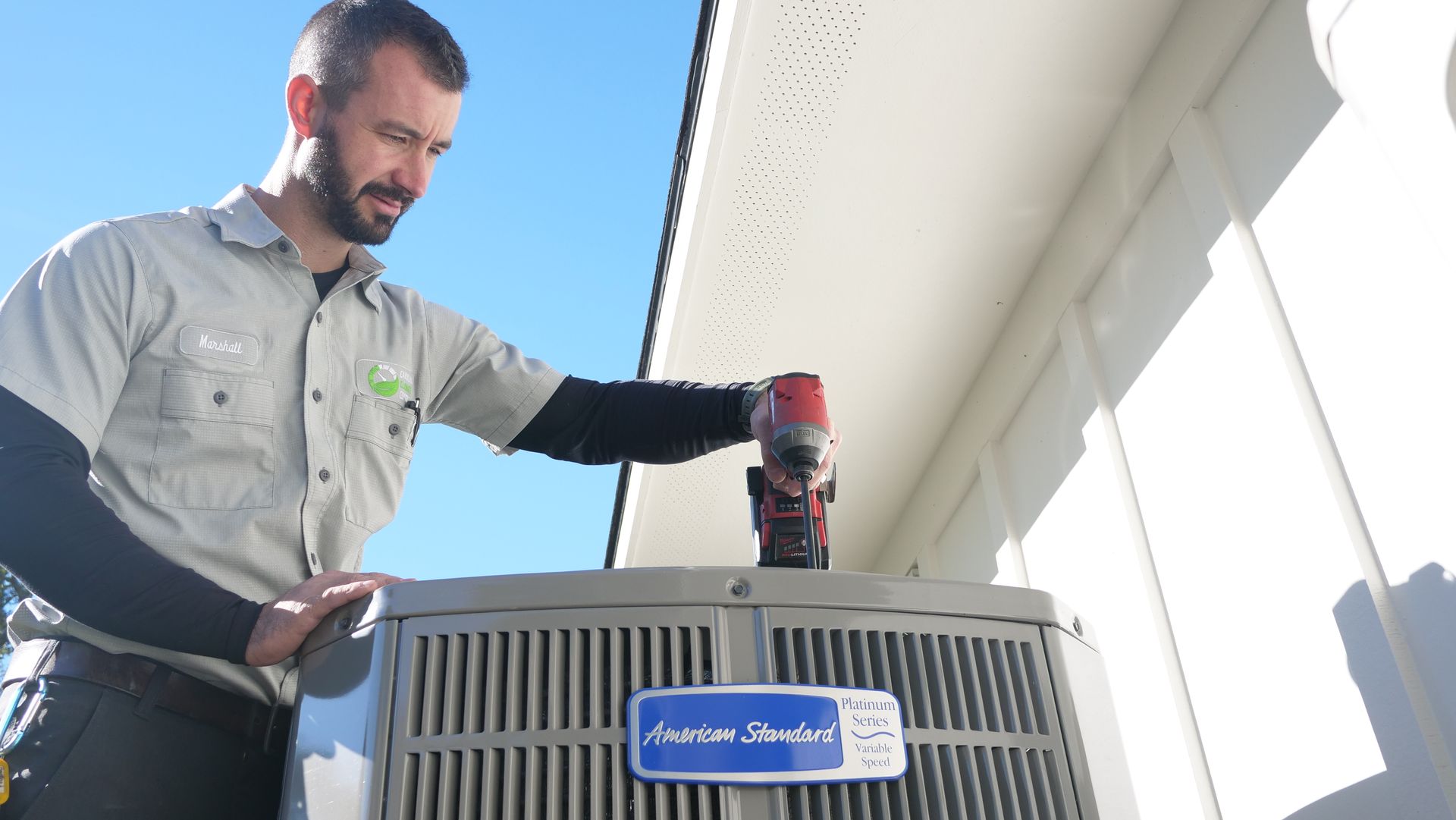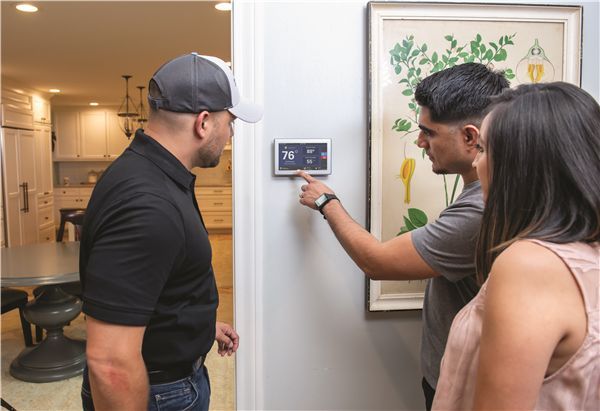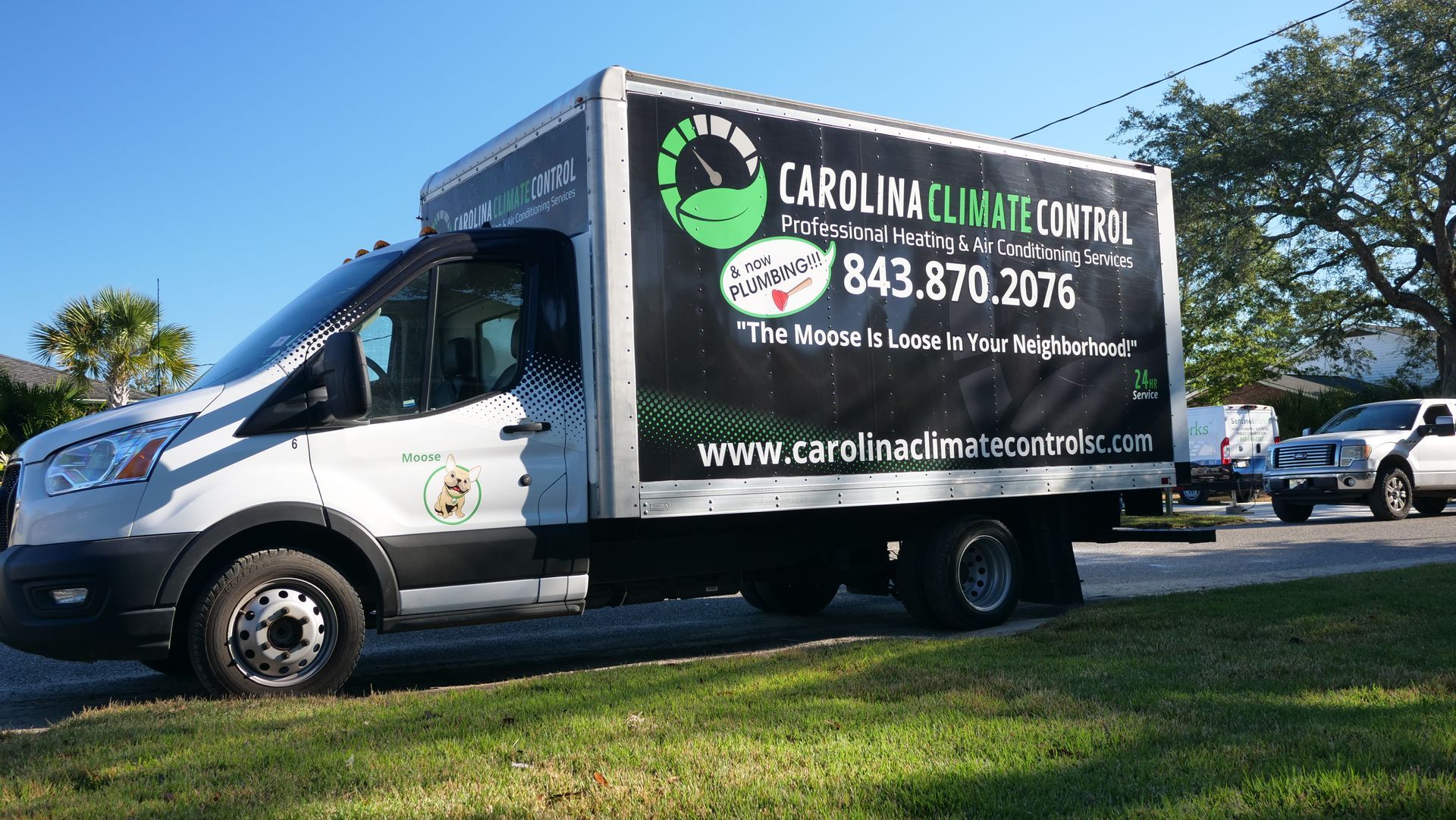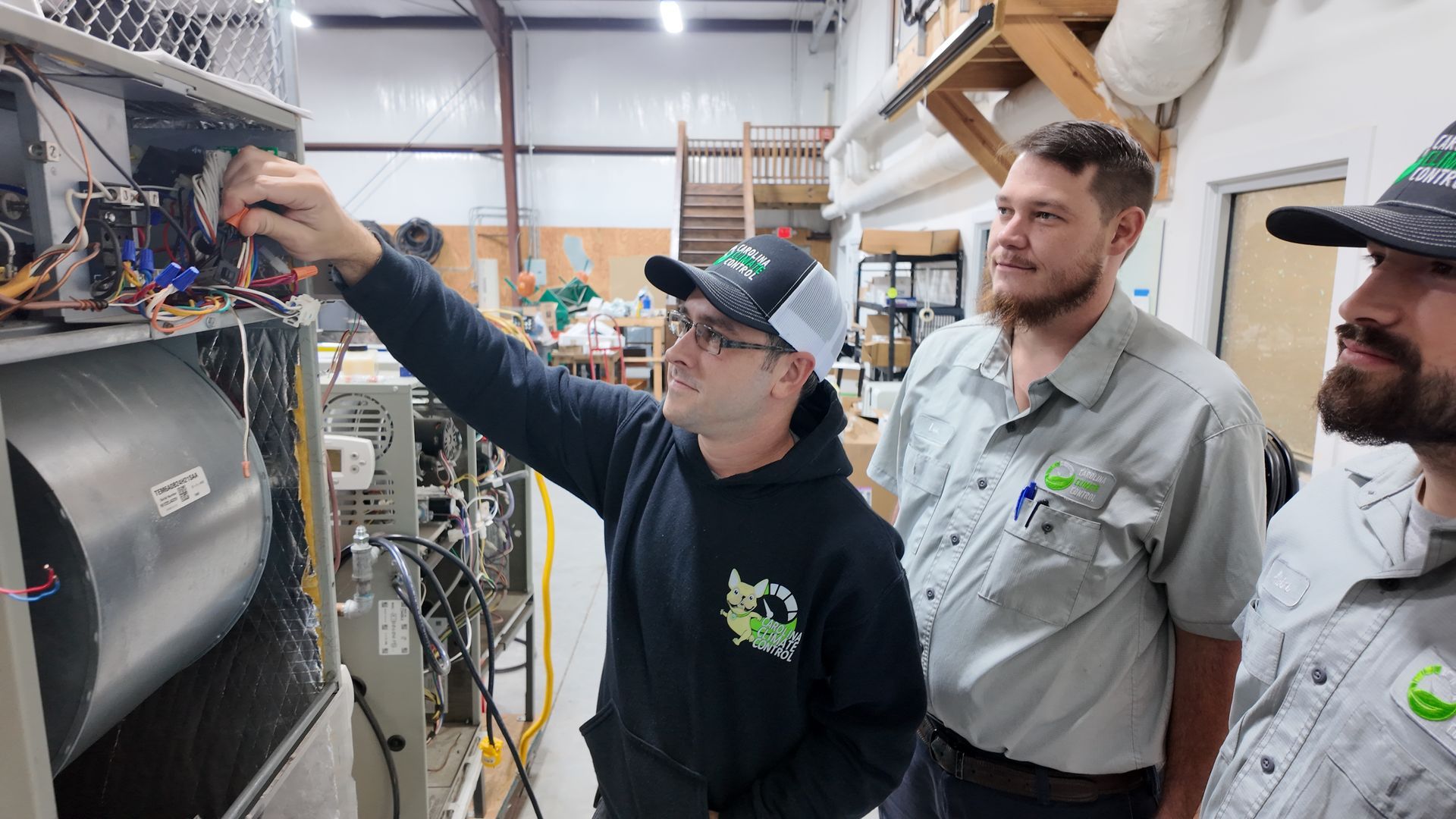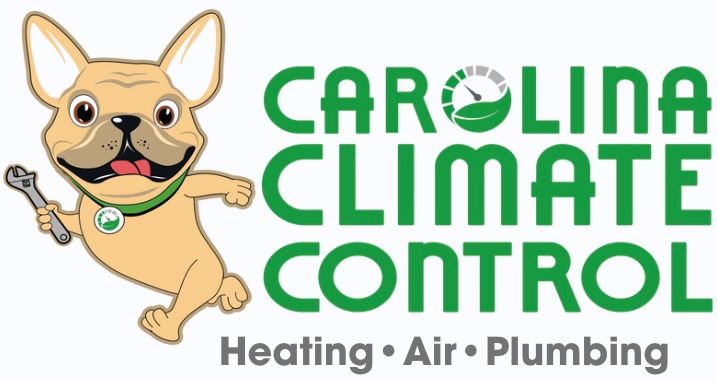What is Air Conditioning Tonnage?
If you’ve ever found yourself in a conversation with your HVAC repairman, you might’ve heard the phrase “air conditioning tonnage” when discussing your unit.
We imagine you nodded along, smiled politely, and understood zero of what they were talking about, since tonnage is a strange term that might not mean what you would expect.
Tonnage Explained
An air conditioning’s tonnage refers to how much heat it can remove from a building in one hour. Air conditioning units are rated at different tonnage — a one-ton unit can remove 12,000 BTUs in an hour, while a two-ton unit can remove 24,000 and so on.
The terms ton and tonnage in this context have little to do with weight. They’re referring to the overall efficiency of the AC unit itself. Once you know what the term means, it’s incredible how simple it is. However, it’s not a term that you would be able to figure out ourselves without some expert advice.
How Much Tonnage Do You Need?
If you’re contemplating whether or not you need a new air conditioner, then there a few things you should ask yourself. Upgrading a central A/C unit or investing in multiple portable A/C systems can be a big purchase in and of themselves.
However, that might be nothing to the increased energy bills you might end up paying due to your investment. So, before you invest in an 8-ton mammoth of an industrial air conditioning unit, find out a few things.
- How Big Is Your Home?
While we understand you might be investing in an A/C unit for an office or business, let’s focus on obtaining/replacing an A/C unit for a residence for now. The first thing you’ll want to know is the square footage of your home. Determining the size of the home and the volume of air inside is crucial to understanding how much power you need to manage a maximum cooling effect. Sure, a massive unit could turn your living room into a tundra, but why would you ever need it to?
- How Well-Ventilated Is Your Home?
A good reason to replace an air conditioning unit might be due to dilapidated vent conditions, poor airflow in the home, or cracks that lead to drafts. You don’t want your air conditioner to be fighting against stale air, or hot air coming in from the outside, so checking your home’s airflow is a good way to tell if it’s your air conditioner that needs to be replaced, or the walls and window seals.
- What Kind of Insulation Do You Use?
Different kinds of insulation can affect the overall efficacy of your air conditioning unit, so checking to see whether you’re using outdated or worn-out insulation is an important step to seeing whether a replacement is in order.
- Is Your Air Conditioner Breaking Down?
It’s not uncommon for an air conditioning unit to occasionally stop working. Like every other kind of mechanical equipment, things fail and parts break. However, if your air conditioning unit breaks down with regularity and always seems to need the same things fixed, then either you have a scummy repairman or it’s time to invest in an entirely new unit. Depending on the make and model, an air conditioning unit might only have a lifespan of a few years, so if you hear a death rattle every few weeks or months, it might be time to put your current A/C unit out to pasture.
- Have Your Energy Bills Gone Up?
A major sign it’s time to replace your A/C unit is if your energy bills have seen a noticeable increase when compared to recent years. Any time an air conditioning unit nears its end, its efficiency goes way down. This is due to a number of factors, but it’s all somewhat obvious — parts are degrading and don’t work as well, causing the unit to have to work harder and use more energy to pump out the same amount of cool air you’re used to. When this happens, it could mean a costly repair job every couple of years or an entirely new unit.
- Is Your Air Quality the Same?
Lessened air quality doesn’t automatically mean your air conditioning unit needs to be replaced. You might just need to have it thoroughly cleaned. However, if you continually notice stuffiness when you’re in the home, then there might be something off. The same goes for headaches or odd smells that occur when the air conditioning unit is functioning — this could be a sign you need to make an upgrade.
Why is Air Conditioning Measured With Tons?
When air conditioning was invented by Willis Carrier in 1901 , the world was a different place, and we were still using Imperial units of measurement in science. For some reason, air conditioning science never adopted the metric system, and we still use tons to measure the efficacy of an air conditioning unit. But how come?
The answer might surprise you, and also make you laugh a little. Before air conditioners, the wealthy would cool off their hot summer homes with massive blocks of ice. Yes, really. They’d store the ice underground during the winter, then bring it out to make summer treats like ice cream and popsicles, and also to beat the heat itself. A ton was used to describe the amount of heat it took to melt a block of ice. So when we look at the inverse — how much heat an air conditioning unit can remove from a building — we use the terms ton and tonnage .
The post What is Air Conditioning Tonnage? first appeared on Carolina Climate Control.
